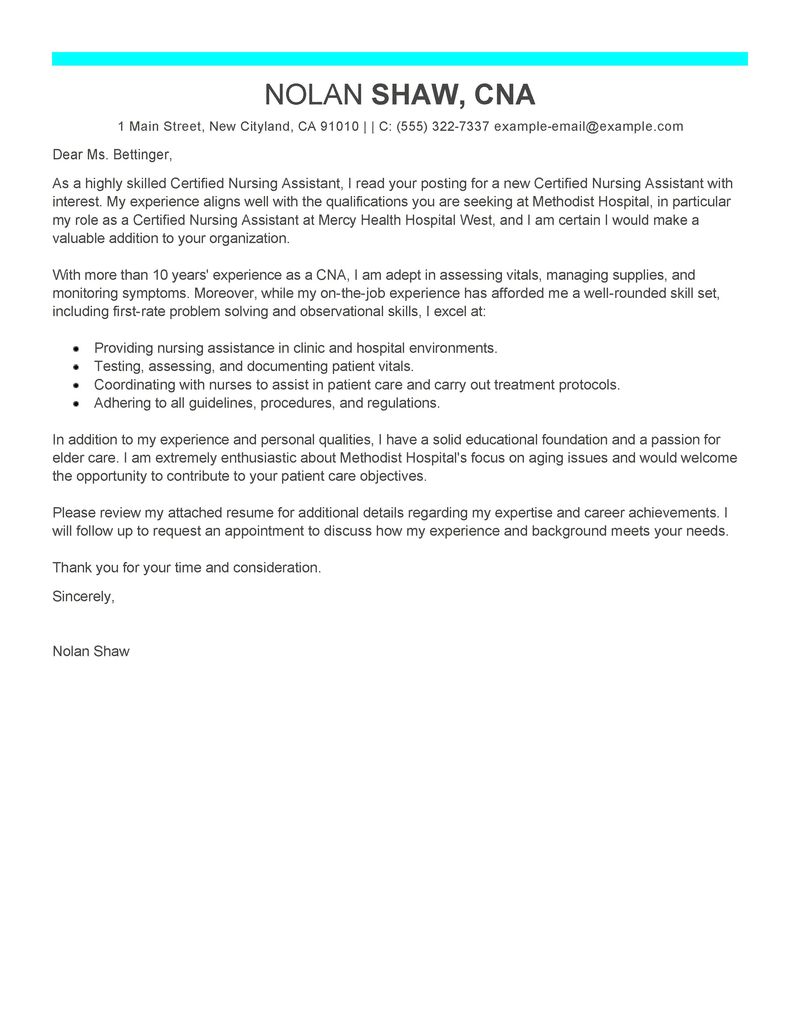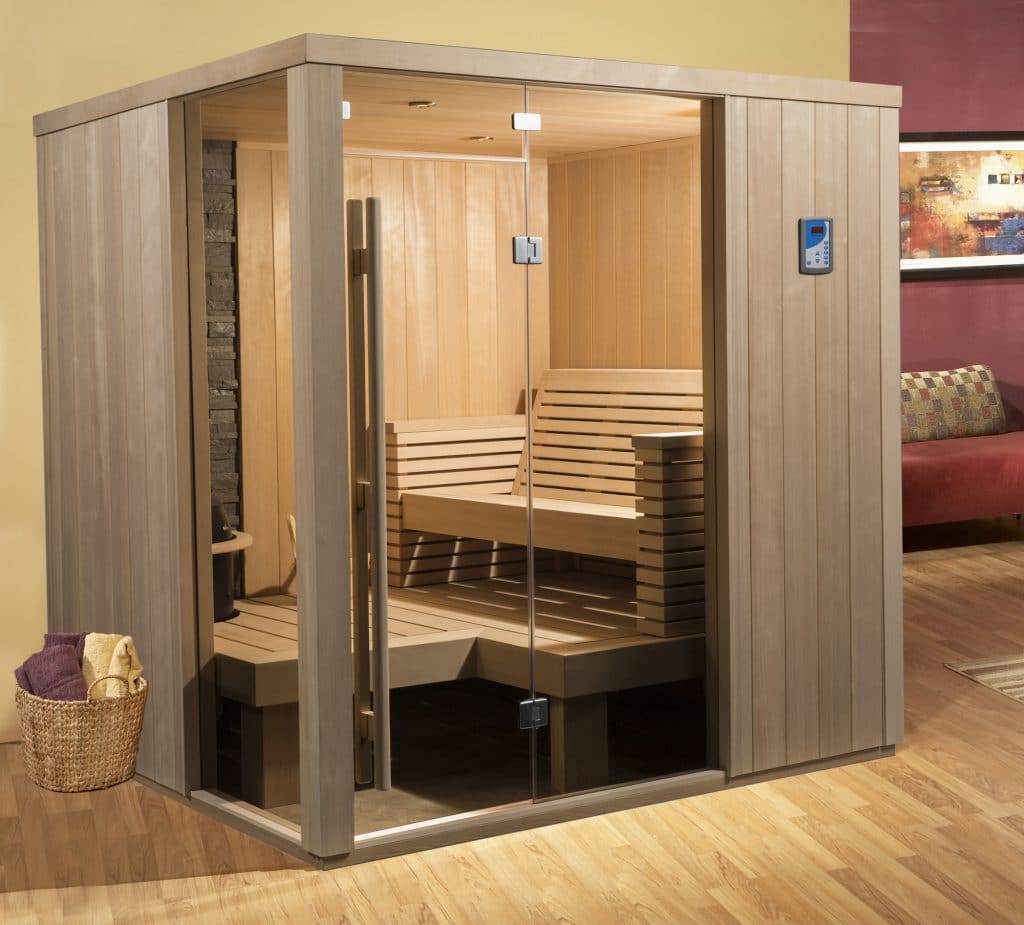Table of Content
- Tax Deductions for Nursing Home Care
- How Many Days Will Medicare Pay for Nursing Home Care at a Skilled Nursing Facility?
- What’s the Difference Between Home Health Care and Nursing Home Care?
- Home Health Care Search, Lookup & Comparison
- Medicaid and Nursing Home Care
- Do Advantage plans cover any part of it?
AARP long-term care insurance policies are priced according to age, gender, health status, and level of coverage. Long-term care insurance policies can be costly, but AARP offers several levels of coverage to fit every budget. Plan F also pays the 20% for a long list of other Part B services. This includes durable medical equipment, lab work, tests, mental health care, home health, chiropractic adjustments and much more.
Insurance companies are not required to sell you a policy outside of your specific open enrollment period. That is why it is important to do it during the Medigap Open Enrollment Period. You are less likely to be denied coverage regardless of health status. If you are on Medicare due to disability and are under 65, providers are not required to sell you a policy. Please contact your Plan Medigap representative for further information. Medicare doesn’t generally pay for long-term nursing home care.
Tax Deductions for Nursing Home Care
Persons who do not have a Medicare supplement insurance plan may have to pay Medicare’s daily coinsurance out-of-pocket. Long-term care insurance will often pay a portion, or all of the cost, but these policies are usually very costly and are generally purchased before the need for such care arises. While Medicaid technically serves as a Medicare supplement insurance policy, it may be overlooked as such. Therefore, if one is not currently on Medicaid, they should apply for Medicaid. Medigap plans can cover your Skilled Nursing Facility coinsurance and hospital deductible, as long as you meet the 3-day qualifying hospital stay; however, they do NOT cover Long Term Care.

Medigap policies don't cover long-term care, dental care, vision care, hearing aids, eyeglasses, and private- ... But our licensed insurance agents are more than willing to consult with you about coverage and options. The agents can help you look into Medicare Supplemental plans that could assist in extending benefits for this type of care.
How Many Days Will Medicare Pay for Nursing Home Care at a Skilled Nursing Facility?
This is because Medicare is designed to provide other types of coverage. For example, Medicare provides health insurance for specific kinds of hospital expenses. It also provides general health care coverage and support for medical equipment such as wheelchairs. These plans, which include Medigap, Medicare Advantage plans, and employer-sponsored retiree health plans, can save seniors thousands of dollars. This is because they pick up some of the costs Medicare does not.
Patients who have had surgeries that require longer rehabilitation periods often use skilled nursing facilities to aid in their recovery. Medicare’s rules regarding when skilled nursing facility services are covered can depend on the type of surgery and how long a patient stayed in the hospital prior to their transition. Part A covers inpatient hospital stays, care in a skilled nursing facility, hospice care, and some home health care. Part B covers certain doctors' services, outpatient care, medical supplies, and preventive services. Medi-Cal, California’s state Medi-Cal program, is funded by both federal and state funds.
What’s the Difference Between Home Health Care and Nursing Home Care?
Also one vehicle, personal belongings, and small burial or life insurance policies are generally not counted. However, some older adults may qualify for supplemental security income in addition to Social Security, which could help fund nursing home care. A person can find out if they are eligible for this needs-based program by researching the Social Security disability program. Medicare does not cover custodial care for people who need ongoing help with essential activities, such as eating, bathing, or dressing. Custodial or nonmedical care usually means a continuous, long-term stay in a nursing home.

The government is among the groups that can help you provide high-quality care for an aging parent. You can also visit Medicare.gov to check out informational resources, enrollment deadlines, and details on providers in your loved one’s community. The federal government offers a tool to find and compare Medigap Plans. It's illegal for anyone to sell you a Medigap policy if you have a Medicare Advantage Plan, unless you're switching back to Original Medicare. Yes, Medicare will not cover in-home care from a caregiver, 24-hour care, or long-term care. Generally, Medicare doesn’t cover long-term care, but some exceptions are the same as the exceptions for in-home caregivers.
How Long Does Medicare Pay for Nursing Home Care?
However, those who provide custodial care are not technically trained doctors or medical professionals. Medicare Supplemental Plan G is one of the most popular Medigap plans with comprehensive coverage Medicare beneficiaries are able to purchase. While it does not cover the Part B deductible, Medicare Supplement G is an affordable Medicare Supplement Plan, providing the most coverage for a low deductible.

Benefits differ depending on which of the 10 different policies an individual purchases. As mentioned before, for skilled nursing care, Medicare pays 100% for 20 days and approximately 80% for 80 more days. Most Medicare supplemental policies will cover the remaining approximately 20%. Seniors can therefore receive up to 100 days of nursing home care with little out-of-pocket cost. Home health care agencies provide services in a residential setting as opposed to an office or hospital/acute care facility. This can be a home or apartment or other type of living arrangement such as independent living or assisted living facilities.
During this time, insurers are required to accept applicants regardless of pre-existing conditions. The price of some Medigap policies isn’t based on the policyholder’s age, while age is factored into the price of other plans. For example, with some plans, the cost is based on the policyholder’s current age and the cost increases as one gets older. With other plans, the cost is based on the age of the policyholder when the plan was purchased. To best understand and compare benefits of the different plans, visit theMedicare.gov webpage. Aid and Attendance Benefits - Learn more about the eligibility requirements for aid and attendance benefits for veterans in need of long-term care.

The person must also have days left in their benefit period. Medicare considers home health care to be skilled, in-home nursing care or outpatient therapy services to treat an illness or injury. Nursing home care services are somewhat similar, but delivered in a skilled nursing facility .
An experienced RN may decide to start their own business after working for others or as an alternative career path out of college. Healthline has strict sourcing guidelines and relies on peer-reviewed studies, academic research institutions, and medical associations. When a doctor is deciding whether to admit a person to a hospital, they may consider the person to be an outpatient.
Home health care provides them with skilled nursing assistance and may also include help with other daily living activities, such as cooking, housecleaning and transportation. Medigap plans are intended to fill the “gaps” in Medicare insurance. However, even the most comprehensive of the Medigap plans does not cover long-term care needs for the elderly. These policies do not pay for assisted living, Alzheimer’s, custodial , or adult day care. At best, they supplement nursing home care on a temporary basis and help with hospice coverage. Long-term care insurance to help offset some of the costs down the road.
Non-Covered Home Health Care Services
Stated differently, Medicap will not provide any additional coverage if you have Medicare Advantage. Medicare Part A will help pay for skilled nursing care for up to 100 days at a time. Called a "benefit period," these benefits reset when you've stopped receiving skilled nursing care for 60 consecutive days. Medicare Advantage plans don’t usually cover nursing home care that’s considered custodial care.

If you need more than intermittent nursing care, Medicare will generally not cover it except in special circumstances. PACEprovides in-home care services that are similar to what’s offered in a nursing home. PACE may not be available in your area, and you have to meet specific income requirements to qualify.

No comments:
Post a Comment